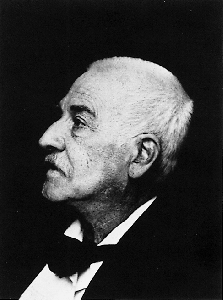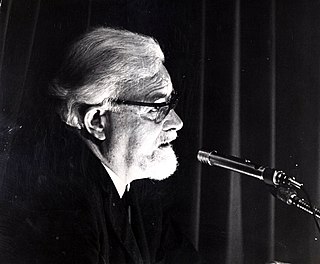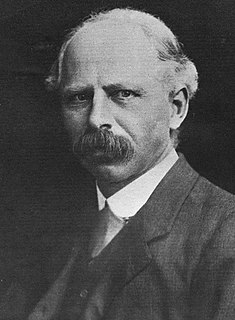A Quote by Jacob Burckhardt
The seventeenth century is everywhere a time in which the state's power over everything individual increases, whether that power be in absolutist hands or may be considered the result of a contract, etc. People begin to dispute the sacred right of the individual ruler or authority without being aware that at the same time they are playing into the hands of a colossal state power.
Related Quotes
It is unfortunately none too well understood that, just as the State has no money of its own, so it has no power of its own. All the power it has is what society gives it, plus what it confiscates from time to time on one pretext or another, there is no other source from which State power can be drawn. Therefore every assumption of State power, whether by gift or seizure leaves society with so much less power; there is never, nor can be, any strengthening of State power without a corresponding and roughly equivalent depletion of social power.
State authority can never be an end in itself; for, if that were so, any kind of tyranny would be inviolable and sacred. If a government uses the instruments of power in its hands for the purpose of leading a people to ruin, then rebellion is not only the right but also the duty of every individual citizen.
The sovereignty of the state as the power that protects the individual and that defines the mutual relationships among the visible spheres, rises high above them by its right to command and compel. But within these spheres ... another authority rules, an authority that descends directly from God apart from the state. This authority the state does not confer but acknowledges.
Politics is about power. It is about the power of the state. It is about the power of the state as applied to individuals, the society in which they live and the economy in which they work. Most critically, our responsibility in this parliament is how that power is used: whether it is used for the benefit of the few or the many.
Power corresponds to the human ability not just to act but to act in concert. Power is never the property of an individual; it belongs to a group and remains in existence only so long as the group keeps together. When we say of somebody that he is 'in power' we actually refer to his being empowered by a certain number of people to act in their name. The moment the group, from which the power originated to begin with ... disappears, 'his power' also vanishes.
The Legislative cannot transfer the Power of Making Laws to any other hands. For it being but a delegated Power from the People, they who have it, cannot pass it over to others. The People alone can appoint the Form of the Commonwealth, which is by Constituting the Legislative, and appointing in whose hands that shall be.
The function of State coercion is to override individual coercion, and, of course, coercion exercised by any association of individuals within the State. It is by this means that it maintains liberty of expression, security of person and property, genuine freedom of contract, the rights of public meeting and association, and finally its own power to carry out common objects undefeated by the recalcitrance of individual members.
Every device employed to bolster individual freedom must have as its chief purpose the impairment of the absoluteness of power. The indications are that such an impairment is brought about not by strengthening the individual and pitting him against the possessors of power, but by distributing and diversifying power and pitting one category or unit of power against the other. Where power is one, the defeated individual, however strong and resourceful, can have no refuge and no recourse.






































